On March 12 and 13, more than 300 First Nations guardians, leaders and partners gathered together in Vancouver at the First Nations’ National Guardians Gathering 2019.
Hosted by the Indigenous Leadership Initiative, along with the British Columbia Assembly of First Nations and Environment and Climate Change Canada, the event brought together communities that have an existing guardian program along with those that are interested in starting their own programs. Beyond providing a platform to share stories and learn from each other, it was also an opportunity to create dialogue and elevate guardian interests to the provincial and national level.
Roughly 40 Indigenous Guardians programs are already operating across the country—some just starting up and some long established. All of these programs are based on a lengthy and rich history of First Nations actively maintaining the ecological and cultural integrity of their lands and waters. However, most of these programs operate on shoe-string budgets, and need more support—whether it’s seed funding to launch new projects or long-term, sustained resources for building and maintaining capacity in current programs.
The gathering was designed to increase national support for these programs, and provide a unified voice and platform for community-based programs to build further capacity and enhance their efforts—not just for the well-being of Indigenous communities, but for all Canadians.
“We’ve done a business case on the value of our programs,” says Ross Wilson, Stewardship Director for the Metlakatla Nation, who spoke at the gathering about the Coastal Guardian Watchmen. “When we speak to funders, we can point to that business case and say that for every dollar you put into the program, you get this much value out of it.”
All CFN-GBI Nations participated in the business case study, which analyzed key benefits for communities, such as improved community and cultural well-being, increased capacity, economic opportunities and enhanced nation-to-nation relationships.
Although those values are difficult to quantify financially, the exhaustive business case final report—prepared by EcoPlan International for CFN-GBI and Nature United—showed, at the low end, a 10:1 annual return on investment for communities that run Indigenous Guardians programs. For some communities, the return was double that.
Beyond the benefits for each community and the surrounding environment, Wilson says these programs have a huge impact on every individual involved. “The guardians love to be out there in all kinds of weather, and out on the front line,” he says. Their work consists of everything from dealing with spills and accidents on the water, to greeting visitors, ensuring people are following rules and regulations, and keeping people safe.
By promoting collaboration and providing a united presence, guardians’ networks can increase the impact. “Guardian programs are crucial for communities in protecting their lands and waters, and they can be transformational for individuals,” says Jana Kotaska, CFN-GBI program manager for the Coastal Stewardship Network, which provides support to Coastal Guardian Watchman programs. “Networks amplify the impacts, connecting different programs together, enhancing peer-to-peer learning, and helping to develop best practices.”
Kotaska says the Coastal Guardian Watchmen already enjoy these kinds of benefits as a regional network within the alliance of Coastal First Nations, but they could be scaled up for a national network.
Referring back to the business case, Kotaska says there’s really no downside to building on these programs across the country. “First Nations know their lands and waters best, and they want to protect them,” she says. “What better stewards than the people who have deep connections to the place they’re protecting?”

